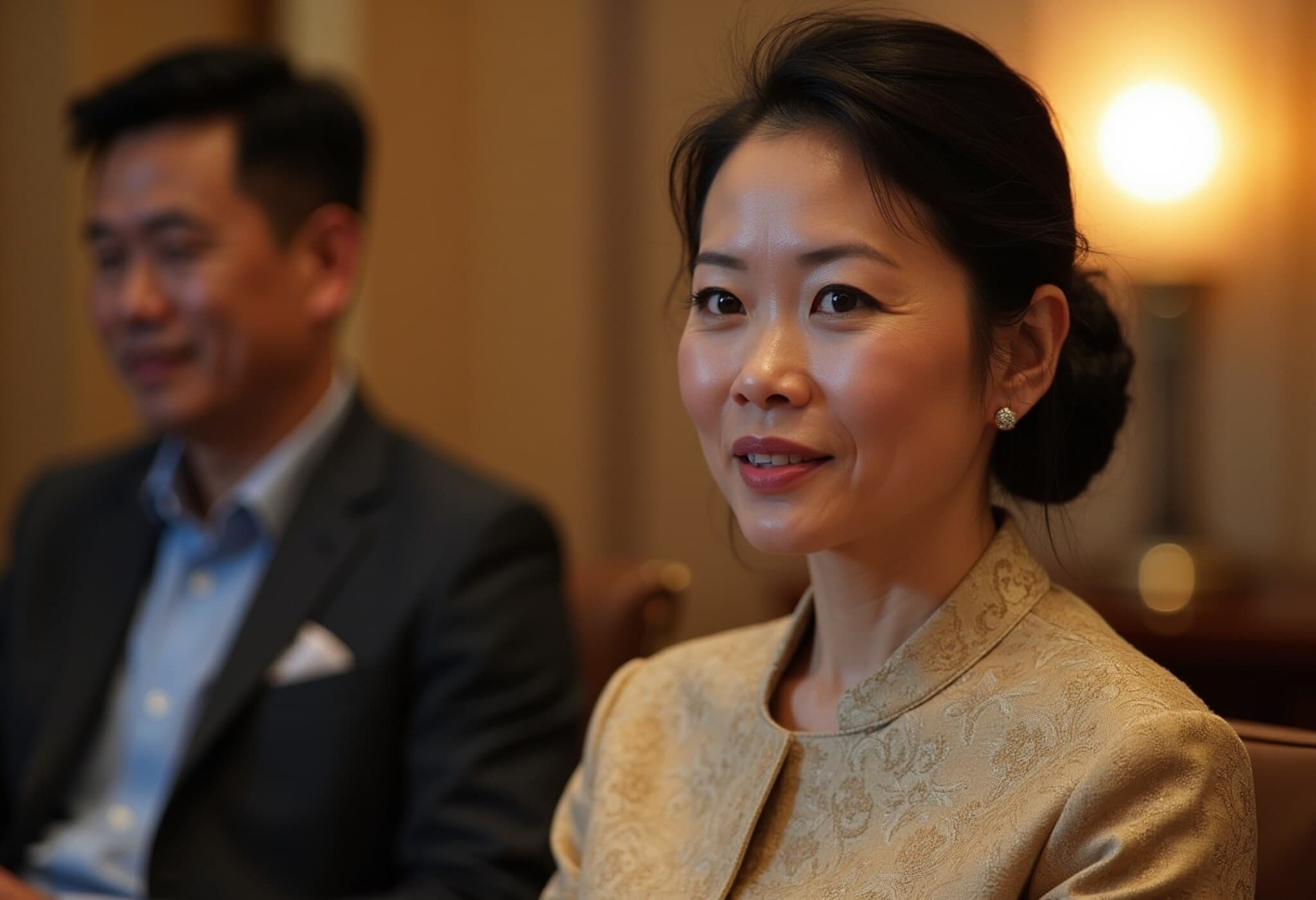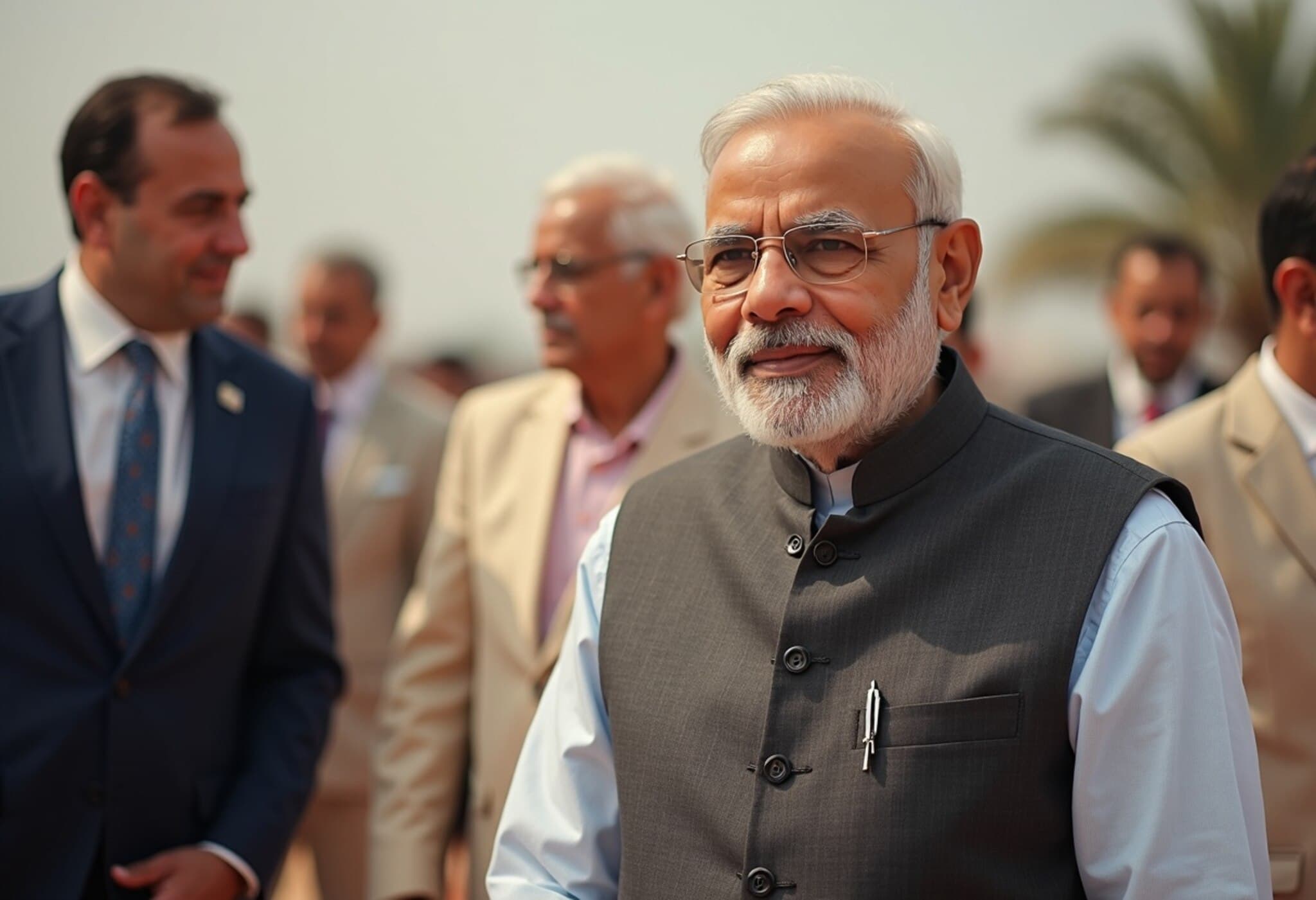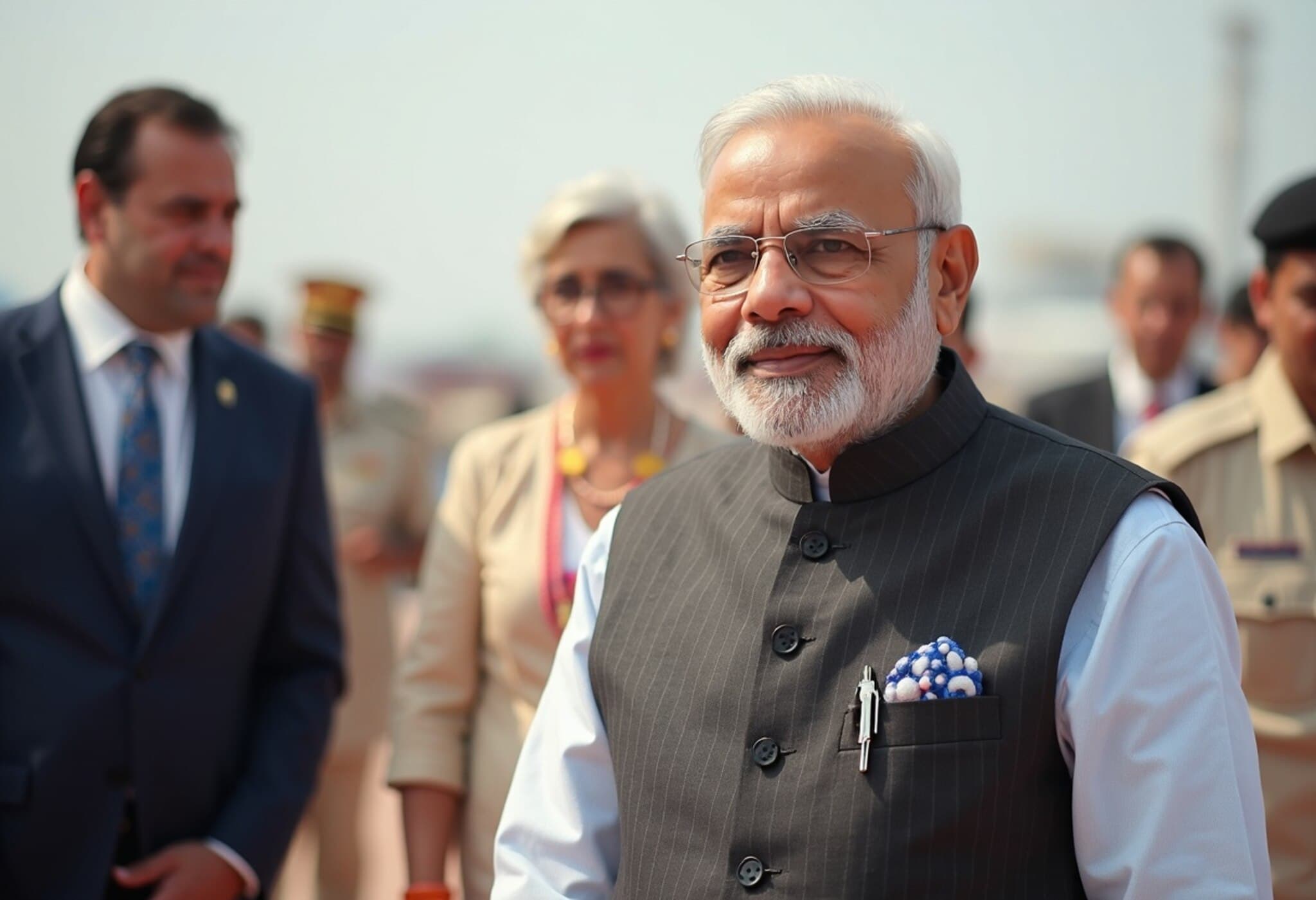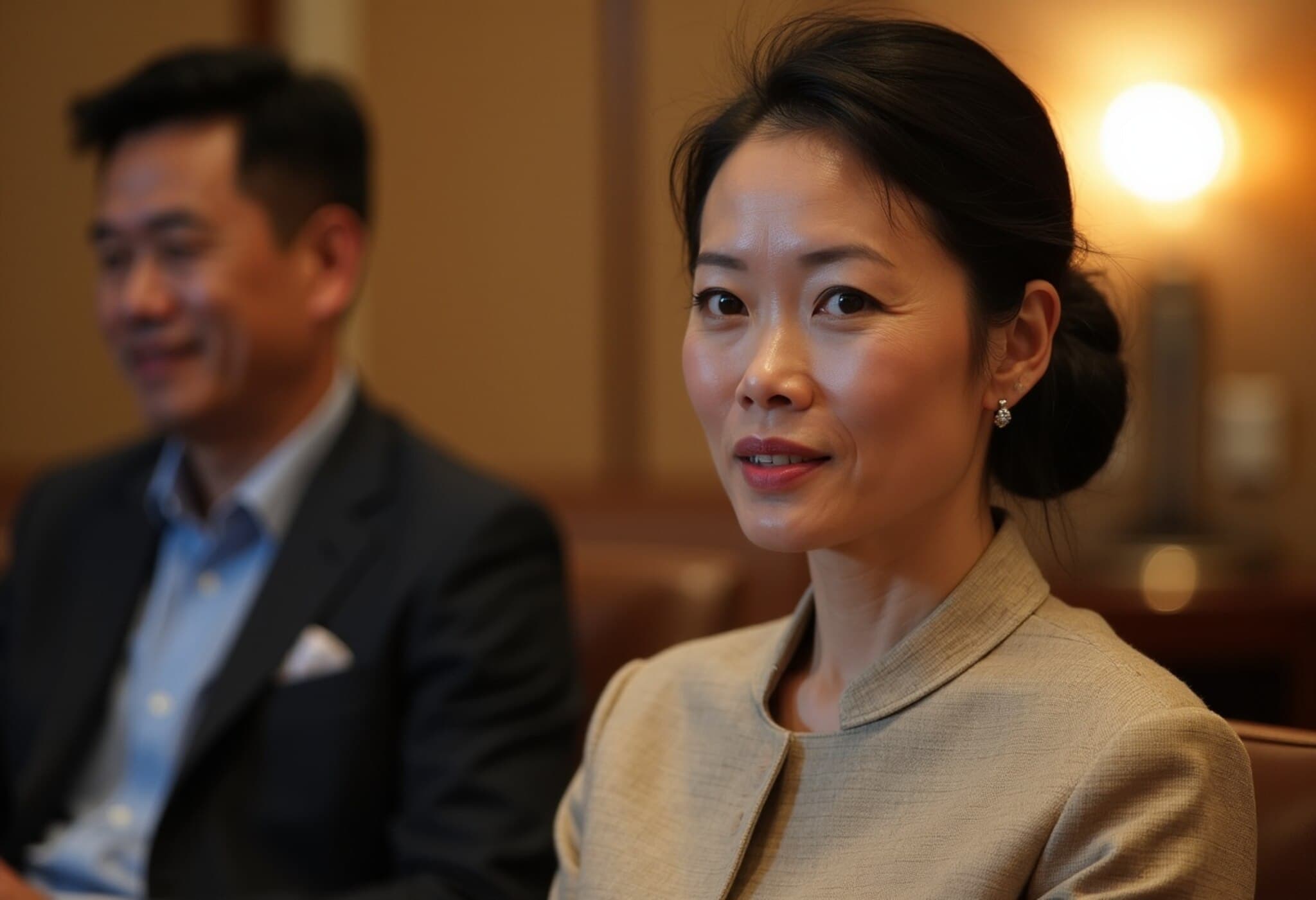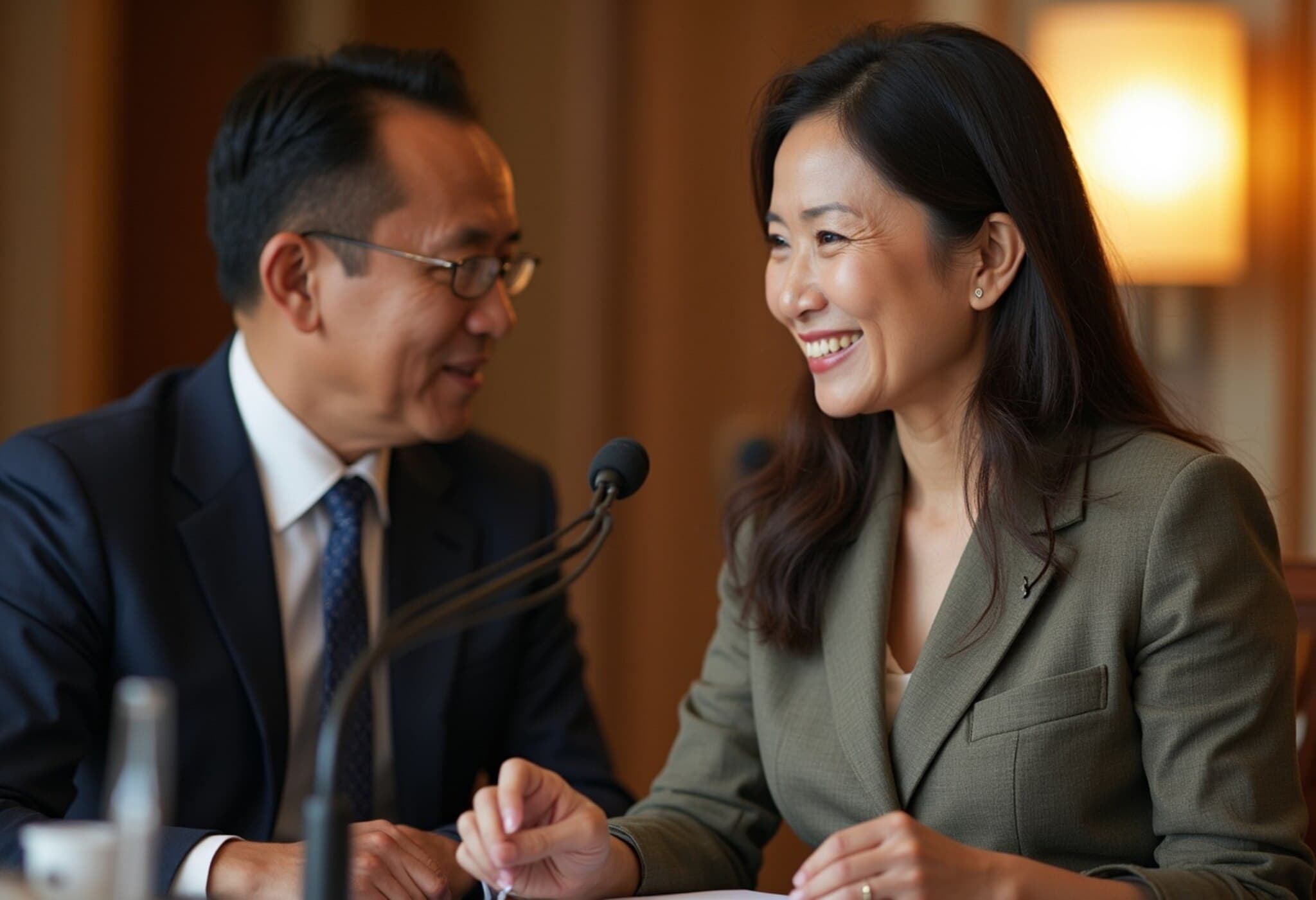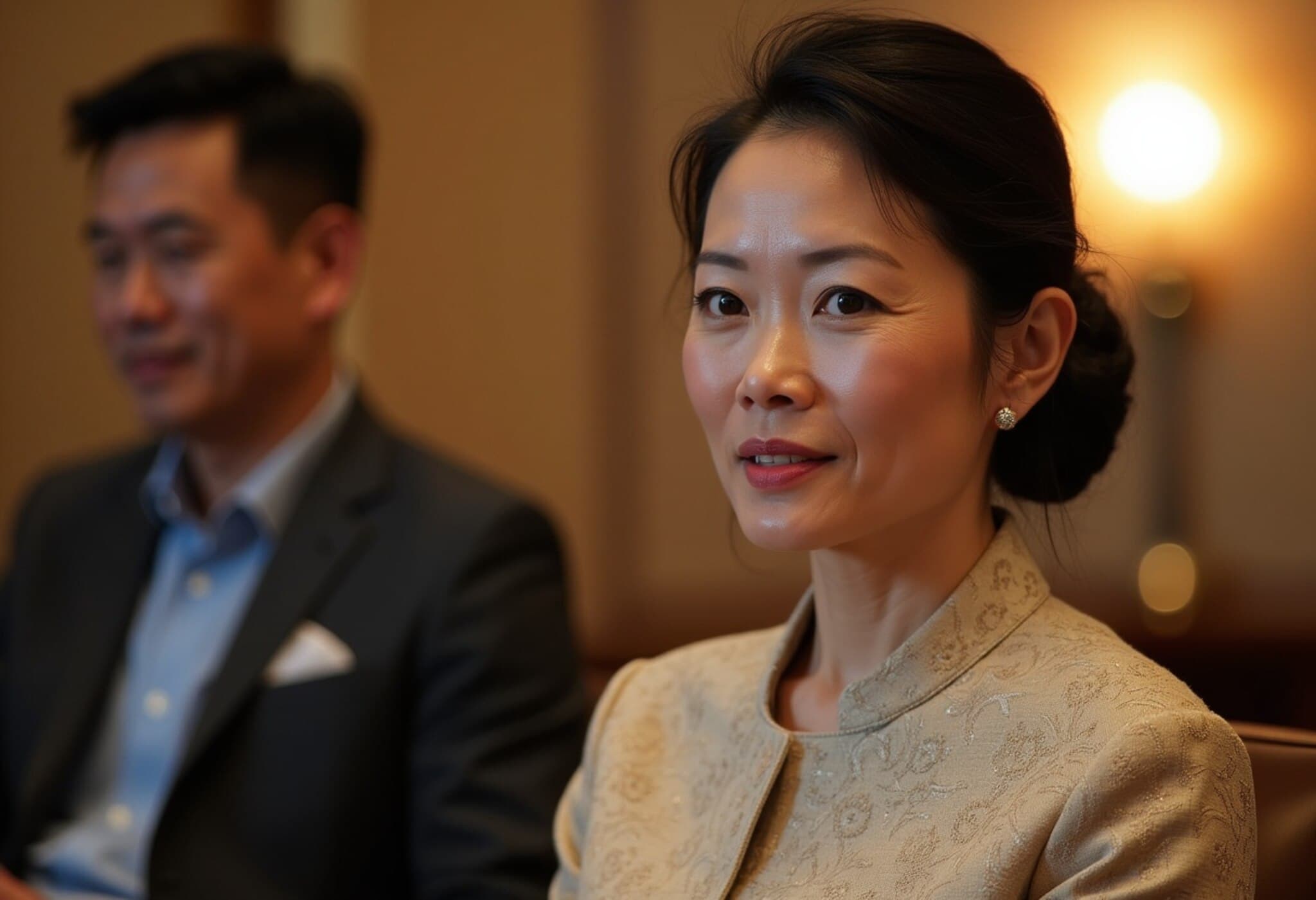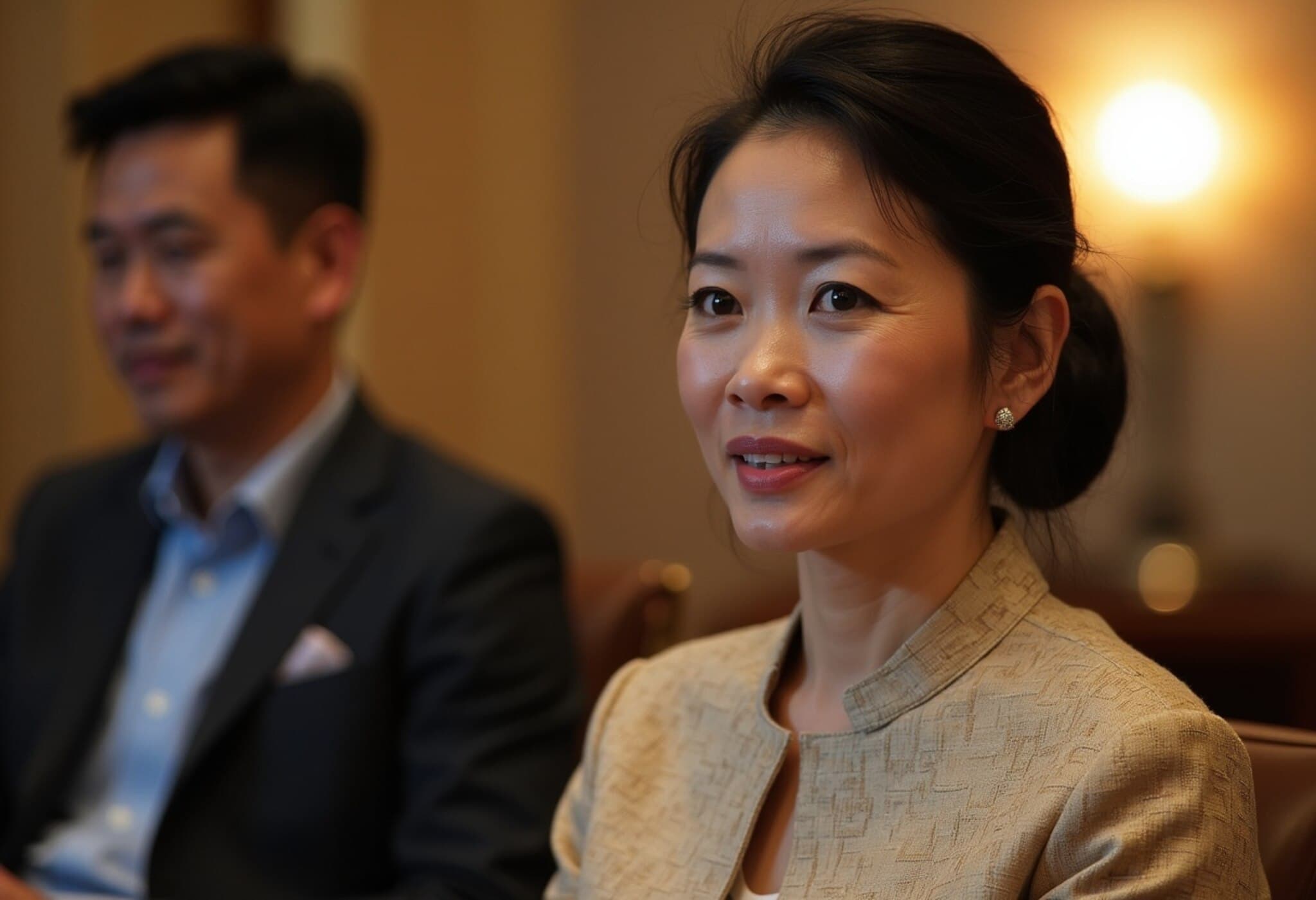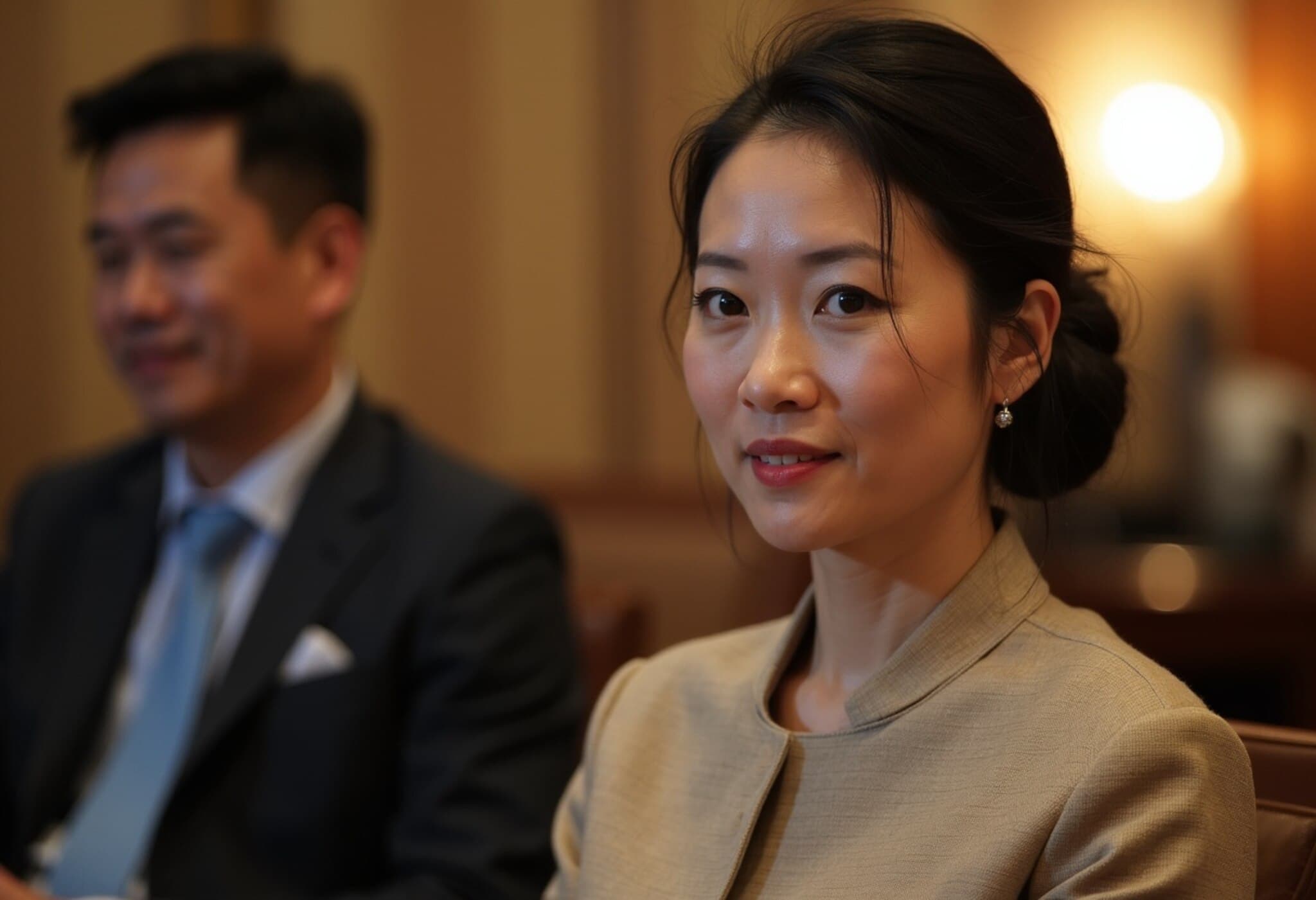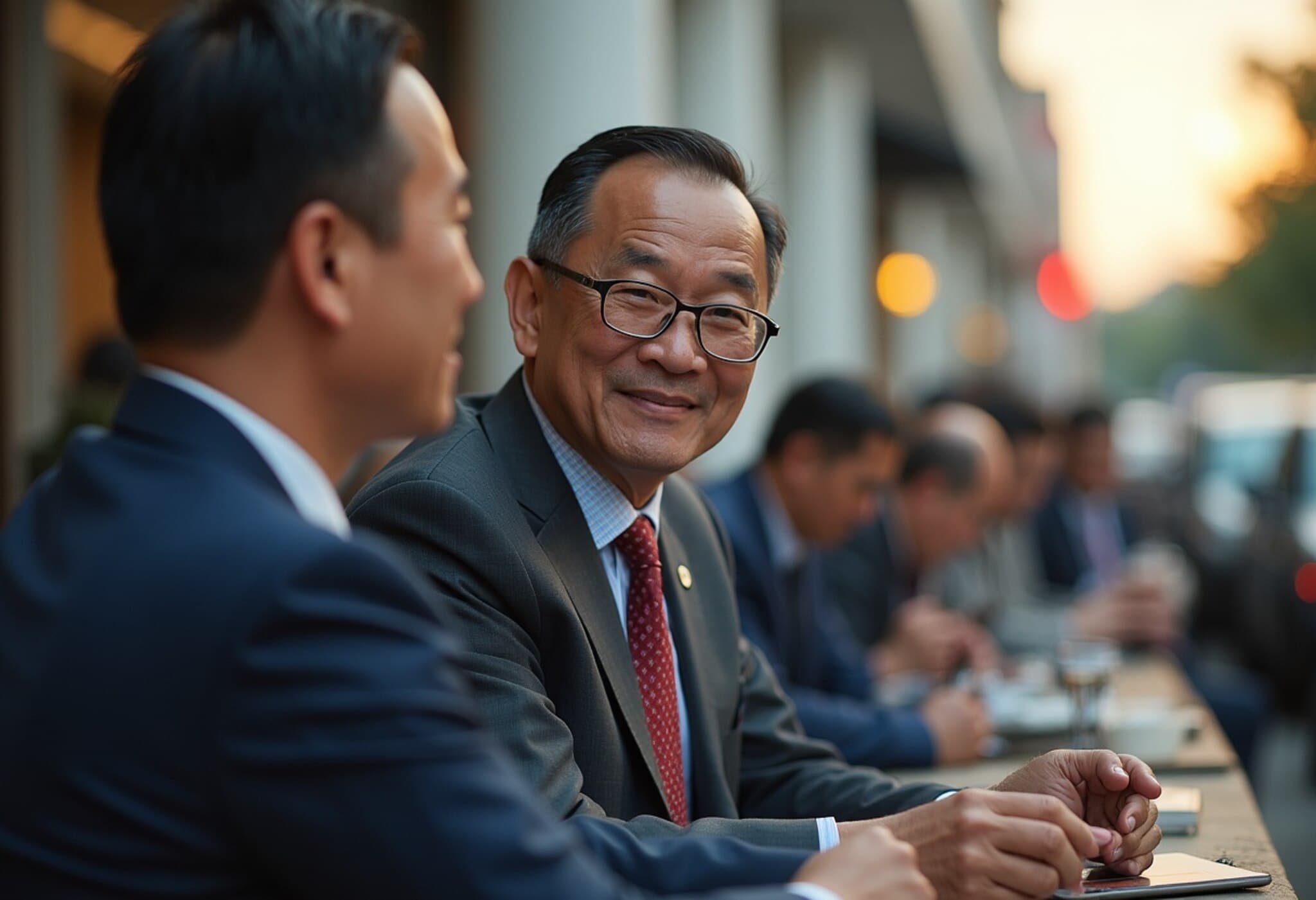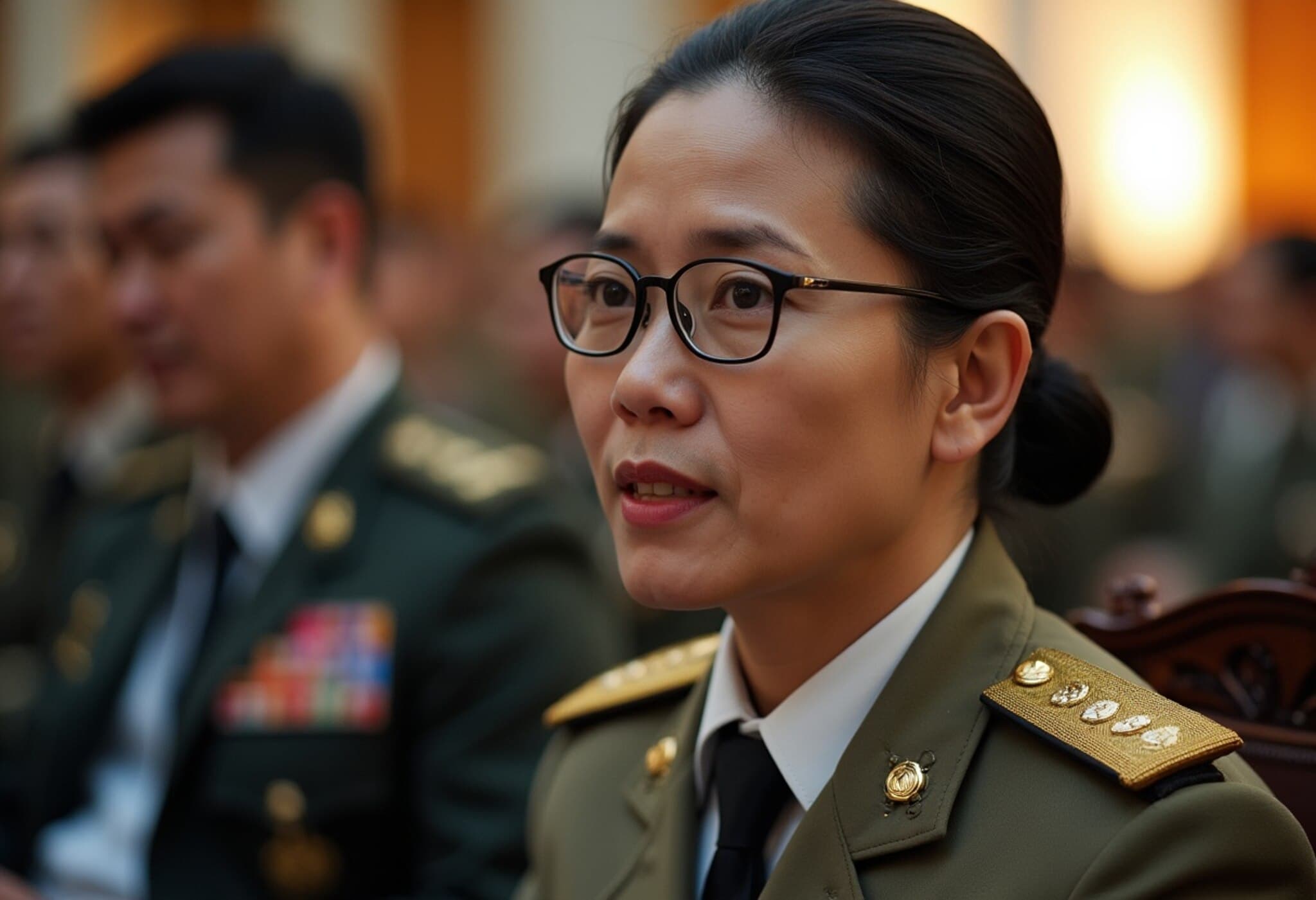Thailand's PM Paetongtarn Shinawatra Confronts Political Storm
Less than a year into her tenure, Thailand’s Prime Minister Paetongtarn Shinawatra finds herself amid a severe political crisis following the leak of a sensitive phone call with Cambodian Senate President Hun Sen. The revelation has not only sparked public uproar but also shattered the delicate balance within her ruling coalition.
The Leaked Phone Conversation That Triggered Backlash
The controversy erupted after Hun Sen uploaded a full 17-minute recording of a private discussion to his social media, following an earlier leak of a shorter clip. The conversation revolved around the fallout from a recent border clash that resulted in the death of a Cambodian soldier. During the exchange, Paetongtarn referred to the Thai army commander involved in the confrontation as "an opponent," a phrase critics argue undermines Thailand’s position and signals excessive deference to Cambodia.
Additionally, Paetongtarn called Hun Sen "uncle" as they deliberated on easing border restrictions imposed after the border incident on May 28. She later clarified that her choice of words was a diplomatic tactic aimed at easing tensions. "My goal was to bring peace between the countries," the prime minister explained.
Growing Fallout: Political Allies Withdraw Support
The consequences were swift and severe. The Bhumjaithai Party, a major pillar of the ten-party coalition government, announced its withdrawal, citing concerns over national sovereignty and military dignity. The party accused Paetongtarn of compromising Thailand’s interests and urged her to take responsibility. Though they stopped short of calling explicitly for her resignation, their exit has left the coalition with a precarious majority of just 255 seats in the 500-seat House.
Opposition forces have capitalized on the turmoil. Natthaphong Ruengpanyawut, leader of the People’s Party, demanded dissolution of Parliament and early elections, claiming the phone call "destroyed people’s faith in her administration." Nationalist protesters rallied outside Government House waving flags and calling for Paetongtarn’s resignation, while senators have indicated intentions to pursue impeachment motions.
Diplomatic Strain and Military Concerns
In a rare diplomatic protest, Thailand’s Foreign Affairs Ministry condemned Cambodia’s public release of the call, labeling it "a breach of diplomatic etiquette" and a "serious violation of trust." The incident has heightened worries over political instability and the potential for military interference — a familiar pattern in Thai politics, given the military overthrows of Paetongtarn’s father, Thaksin Shinawatra, in 2006, and her aunt, Yingluck Shinawatra, in 2014.
The military stepped into the spotlight with an unusual public statement reassuring the public of its commitment to constitutional monarchy and national sovereignty protection through legal means. Paetongtarn’s controversial remarks about the military commander involved in the border clash have fueled speculation about the army’s possible reactions amid the crisis.
A Fractured Relationship Between Political Families
The sensitive situation is compounded by the historically close ties between the Shinawatra and Hun Sen families. Paetongtarn previously described their relationship as that of "godbrothers," with her father having served briefly as a Cambodian adviser. However, what was once a strategic alliance now appears to be a source of vulnerability as the prime minister struggles to maintain her government’s stability.
Conclusion
As Thailand navigates this unprecedented political turmoil, the impact of the leaked conversation continues to reverberate through government halls and the public square. The unfolding events underscore the fragile nature of alliances and the complexities of regional diplomacy in Southeast Asia.

